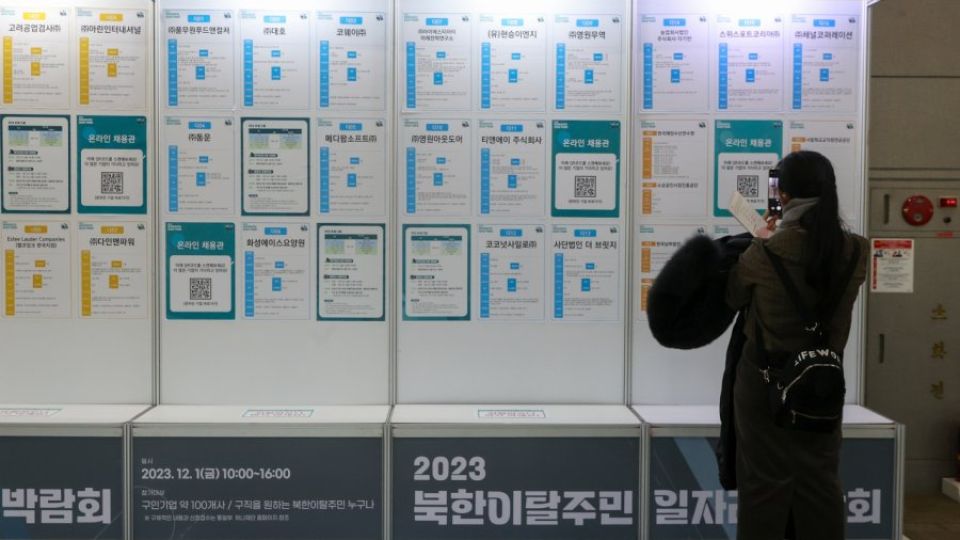December 15, 2023
SEOUL – South Korean young adults are avoiding jobs at small firms due to low compensation, as the wage gap between small and large companies has been at nearly double for several years, data showed on Thursday.
A survey conducted by the Korea Federation of Small and Medium Business, involving 1,000 young people between Oct. 20 and Nov. 1, revealed that the average expected monthly salary among individuals employed at SMEs was 3.23 million won ($2,490).
The most expected salary range, chosen by 40.7 percent of respondents, was between 3 million to 4 million won. This was followed by salaries below 3 million won, preferred by 38.4 percent and those over 4 million won, selected by 20.9 percent.
When selecting jobs, salary was the most important factor for 47.4 percent of the respondents in the survey. Among the 356 respondents who said they did not consider small companies as potential employers, the primary reason cited was low compensation, accounting for 55.3 percent of their responses.
Despite these salary expectations, the wage gap between SMEs and large companies remains significant, with SME employees earning considerably less. According to Statistics Korea, as of 2021, the average monthly salary at SMEs was 2.66 million won, which is only 47.2 percent of the 5.63 million won average at large companies.
Even considering that the data was from two years ago, the average monthly salary at SMEs was 17.9 percent (580,000 won) lower than the 3.23 million won salary expected by young people. Over the past years, the average salary at small firms has consistently been below 50 percent that of large companies: 44.7 percent in 2016; 45.7 percent in 2017; 46.1 percent in 2019; 49 percent in 2020; and 47.2 percent in 2021.
The wage gap between SMEs and large firms tends to widen with the age of the employees. For small firms, the average monthly salary for the 20-24 age group was 1.57 million won, which constituted 73 percent of the salary for the same age group in large companies. However, this figure decreased to 39.3 percent for the 50-54 age group.
Due to this wage disparity, South Korea’s small firms, which make up 99.9 percent of all companies and account for 80.9 percent of employment, are facing a chronic labor shortage. Meanwhile, young adults continue to forego employment opportunities. This year, it was found that about 410,000 young people aged 15-29 are choosing to “take a break” rather than actively seek jobs.
Park Ka-yeul, a research fellow at the Korea Employment Information Service, a public agency affiliated with the Labor Ministry, noted that the government’s recent decision to reduce corporate taxes has given large corporations some financial breathing room.
“These corporations should, in turn, increase unit prices for their subcontractors to a certain extent to have mutually prosperous business,” Park said. He added this approach has led to smaller wage gaps between SMEs and large companies in Japan, which has an industrial structure similar to Korea’s.


